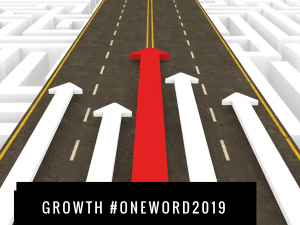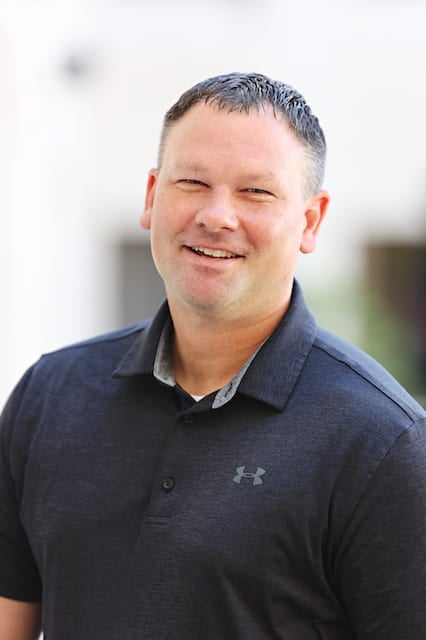DO THEY ALREADY HAVE THE ANSWERS?
Lately, I’ve been thinking a lot about student learning; specifically new learning. When a student walks into the classroom, how often do they already know what is being taught? When we give them a task, how many students in that room would have been able to do it when they walked in before the teacher presented the instruction for the day? Do our students already have the answers to the questions we are about to ask? And how often are we checking, as educators, how much our students know about a specific subject before presenting a whole group lesson?
Part of the reason this has been running through my head lately is my own kids. This summer, when Adam Welcome was the keynote speaker for all of the Monticello staff, he said, “don’t do for kids what they can do for themselves.” He continued with a story about his daughter making her bed on her own from a young age…because she could. I am 100% guilty of doing too much for my kids at times. I believe in Adam’s words, but I struggle to always follow them like I should. Maybe I’m trying to rush my daughter out the door and I’m zipping up her coat. It could be that we’ve been running to activities after a long day at work and I’m cleaning up toys off the floor when we get home just to get it done. I know I am not doing my kids any favors by doing things for them that they could be doing for themselves. There’s no lesson to be learned from dad tying shoes or clearing the table. As a parent, we know our kids well enough to know when we are enabling versus helping.

Without a doubt, this isn’t as easy to diagnose in the classroom. However, I think we need to try to understand what our students know when they walk in, so we aren’t feeding them information that they already know. I don’t mean to say that themes, routines, ideas, and strategies shouldn’t be repeated in class so they can be committed to memory. Of course, there’s a place for that in teaching and learning.
I would argue that an engaging teacher can present content that has already been mastered by the students, and, from the outside, that lesson can look extremely effective. The students are paying attention and motivated to raise their hands and participate without hesitation or struggle in whole group or small group because they have what they need already in hand. The teacher feels satisfied because the students are participating, engaged, and having fun. At the end of the lesson, the students take a formative assessment on the way out of class and the results show learning….or do they? How do we know what they’ve learned with this process? And aren’t we doing a disservice to our students if we don’t know their preexisting knowledge of the content about to be presented?
I’m not someone who is going to argue for more testing of our students, but I do think pre-assessments have a place in our classrooms for this exact reason. I think if it’s done well, pre-assessment can lead to a differentiated, student-led, highly effective classroom where new learning is the focus. Instead of “one more thing” we could actually be saving time; becoming more efficient in what is being taught. The possibilities to provide a true depth of knowledge can become a reality when we can start with this valuable information. After all, what are our students learning if we do for them what they can do for themselves?



Recent Comments